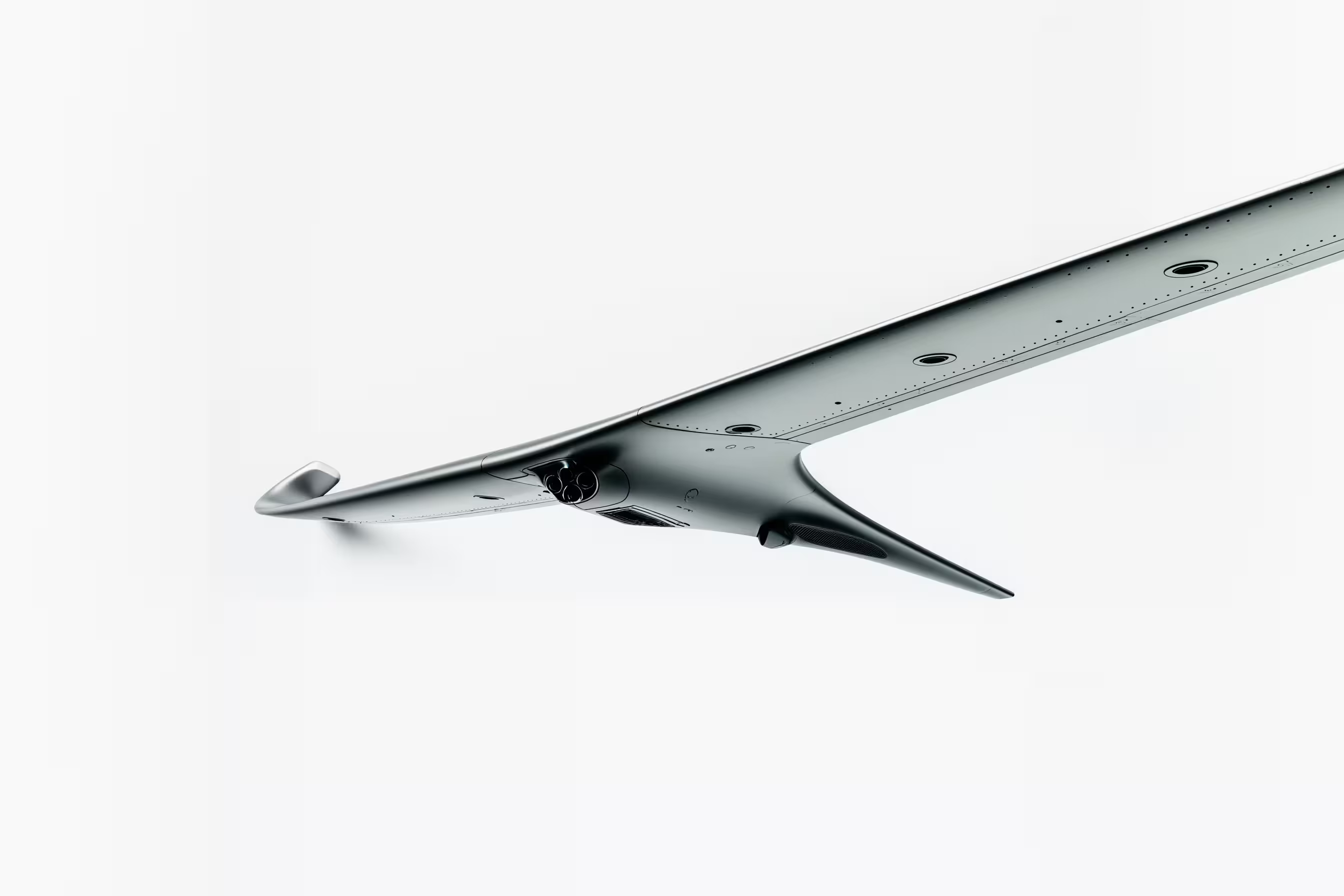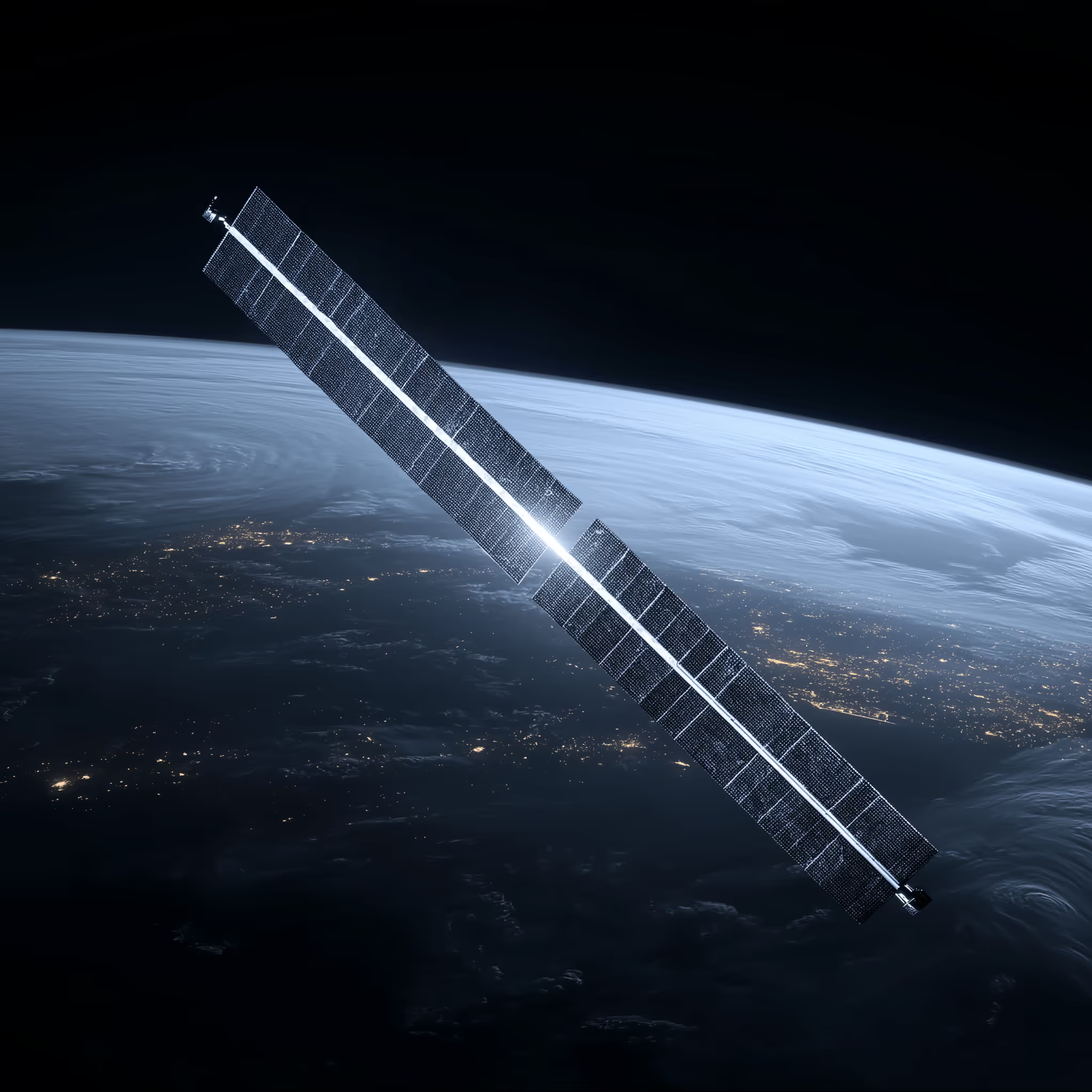

Aerospace & Space
Pioneering the Multi-Planetary Economy
Redefining Space and Aviation for the 21st Century
The aerospace and space industry is no longer just about exploration—it’s about creating a new economic frontier. From lunar mining and space habitats to autonomous aircraft and supersonic flight, we invest in companies building the infrastructure for humanity’s multi-planetary future and transforming terrestrial mobility. Our portfolio companies are pioneering reusable rockets, satellite constellations, zero-gravity manufacturing, and electric aviation, laying the foundation for trillion-dollar markets in space and on Earth.
PORTFOLIO LEADERSHIP
Draper-backed aerospace companies like SpaceX, Planet Labs, and Natilus are leading the charge in commercial space exploration and autonomous aviation, with SpaceX alone achieving a $350B+ valuation and launching more than the rest of the world combined in 2024.
$350B+
Current valuation of SpaceX, launching more than the rest of the world combined

FRONTIER INNOVATION
Portfolio companies like MightyFly and Gravitics are developing autonomous eVTOL cargo aircraft and large space structures, while lunar resource extraction moves from demonstrations in the late 2020s to commercial operations in the 2030s.
2030s
Decade when commercial lunar mining operations are expected to begin
UNPRECEDENTED GROWTH
The global space economy is projected to reach $1.8 trillion by 2035, up from $630 billion in 2023, driven by satellite constellations, space-based manufacturing, and the emergence of lunar resource extraction operations.
$1.8T
Projected global space economy value by 2035


Building the Next Economic Frontier Beyond Earth
For over half a century, space was the exclusive domain of governments—a proving ground for national pride, scientific exploration, and geopolitical competition. This is finally changing. Today, aerospace and aviation are transforming into something much larger: the foundation of an entirely new economy that will extend human civilization beyond Earth and revolutionize travel on it.
The Multi-Planetary Economy
The aerospace industry is no longer just about rockets and satellites; it is about reinventing transportation and building infrastructure for a multi-planetary species. Companies leading this transformation aren't just launching payloads into orbit—they are laying the groundwork for entirely new industries that will thrive in the vacuum of space and in Earth's skies.
Revolutionizing Terrestrial Aviation
Commercial aviation has remained surprisingly stagnant for decades—planes flying today are largely the same designs introduced years ago. Electric, autonomous, and supersonic aircraft are promising to radically shorten flight times, increase safety, reduce emissions, and reshape global logistics. Autonomous cargo planes and air taxis could revolutionize how we move goods and people.
Space-Based Manufacturing & Lunar Resources
Factories will soon operate in zero gravity, producing materials that can't be made on Earth. The Moon will become an economic hub, home to mining operations, industrial manufacturing, and deep-space fuel depots. Ccommercial lunar mining demonstrations are expected in the late 2020s, while full-scale operations will likely emerge in the 2030s as companies race to pioneer resource extraction technologies.
Mars is an Industrial Challenge
Mars is no longer just a dream—it is an industrial challenge. The companies that master life-support, transportation, and energy production in extreme environments will lead humanity's next frontier. Space habitats and deep-space propulsion systems are making Mars colonization and long-duration missions increasingly viable.
Our Investment Thesis
We back companies building the economic infrastructure of space and the next generation of aircraft. The future will belong to those who create off-world economies, reinvent aviation, and build the technologies that make space accessible, habitable, and commercially viable.
Market-Defining Portfolio
Our aerospace portfolio includes category-defining companies like SpaceX ($350B+ valuation, launching more than the rest of the world combined), Planet Labs (largest satellite fleet), Natilus (autonomous cargo aircraft), MightyFly (eVTOL logistics), ICEYE (SAR imaging), Slingshot (space situational awareness), Outpost (space logistics), Gravitics (space infrastructure), and Max Space (expandable habitats). These companies are shaping the future of space commerce and terrestrial aviation.
The Next Frontier
We're excited about companies working on lunar and asteroid resource extraction, AI-powered satellite networks, space-based manufacturing, deep-space propulsion systems, and revolutionary aircraft technologies such as electric, autonomous, and supersonic flight. The businesses that build off-world economies and reinvent aviation will be the ones that define the 21st century.



















